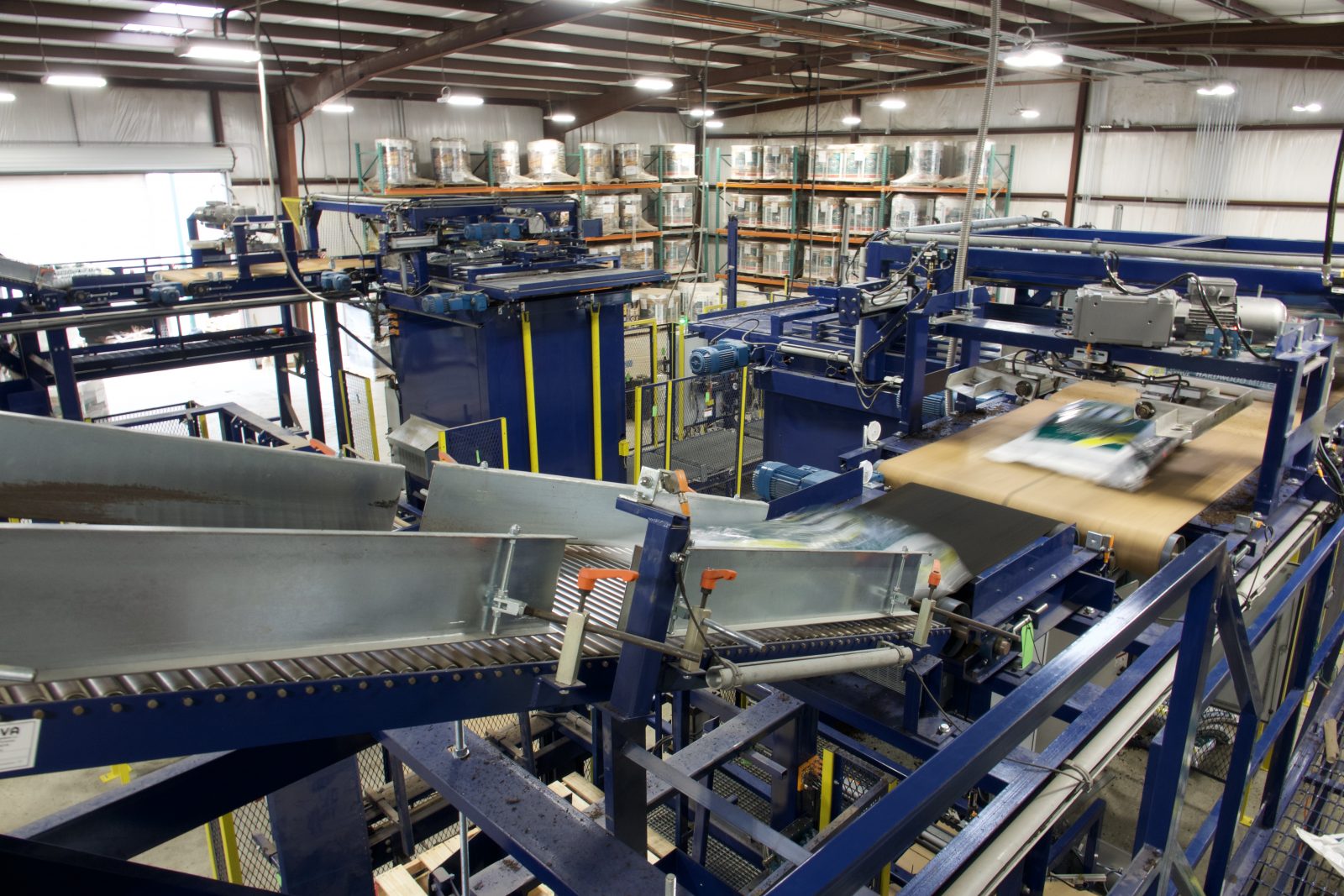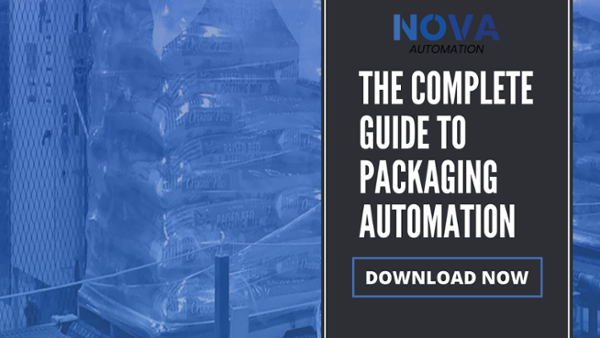
In March of this year, the Conference Board, a think tank that regularly publishes labor market indicators released a new report titled “US Labor Shortages: Challenges and Solutions.” The report identifies the main reasons why the amount of blue-collar workers has been shrinking in recent years.
Here are some of the reasons the labor shortage is occurring, and why automating your packaging process is a fantastic solution.
Working-Age Population
The main reason why the current era of labor shortages is so drastic is because of the massive retirement of the large baby boomer generation. This retirement has brought the growth of the working-age population to a complete halt.
This phenomenon is unprecedented. Never before have we experienced such a dramatic exiting of people from the workforce with not enough employees entering.
Disability Rates
Another important reason for the underwhelming labor force is the substantial growth in those claiming disability. The vast majority of these people are without a college degree.
This only serves to worsen the impact the exiting of baby boomers is having on an underdeveloped workforce. You have less employees applying because more employees are on disability.
Participation of Young People
The participation of people aged 16-24 has seen a steep decline in recent years. While this means these men and women are educating themselves in order to greatly benefit society, it also means there are far fewer workers stepping up to work on your packaging line.
Young people are gravitating toward technical schools and universities. They are far less likely now than they were twenty years ago to graduate high school and begin working in a factory or a warehouse.
Increasing Demand for Service Workers
While the supply of these blue-collar workers drops like a roller coaster, the demand is rising in a similar fashion. This increase in demand is especially prevalent in manufacturing and packaging.
From 2013 to 2018, employment in transportation and warehousing industries increased by over 20 percent, compared to 9 percent in the rest of the economy.
A decline in blue-collar workers would not be so taxing on businesses if the demand was not rising as well. Sadly, this is not the case by any means. The rise in E-Commerce amongst many other factors is driving the demand for blue-collar workers sky-high, and it won’t stop any time soon.
The report from the Conference Board states labor shortages could affect the economy beyond the year 2030.
What Can You Do
When it comes to battling this incredibly difficult trend, manufacturing and packaging companies have a few options. First, they can pay their employees more. By raising wages they can hope to attract more employees, but this is by no means a guarantee.
The best bait in the world won’t catch fish if there aren’t any in the pond to begin with.
Now more than ever, the need to automate has risen. Companies are struggling to find workers. An automated system is more than happy to come to work. You do not lay off employees, you are not making your current employees obsolete. You are simply removing the burden of looking for additional manpower from your shoulders.
NOVA Automation offers easy to use systems to make your employee’s jobs more pleasant, save you money in the long run, and allow you to support growing demand. Check out our other blogs to learn how automation will save you money.
By automating your processes, a labor shortage will seem like a much smaller issue facing your company. Sure, you will still need employees, but it is much easier to get someone to come to work when they are running a machine instead of lifting heavy loads in a brutally hot warehouse.
Contact NOVA Automation today to learn more about what we can do for you.

